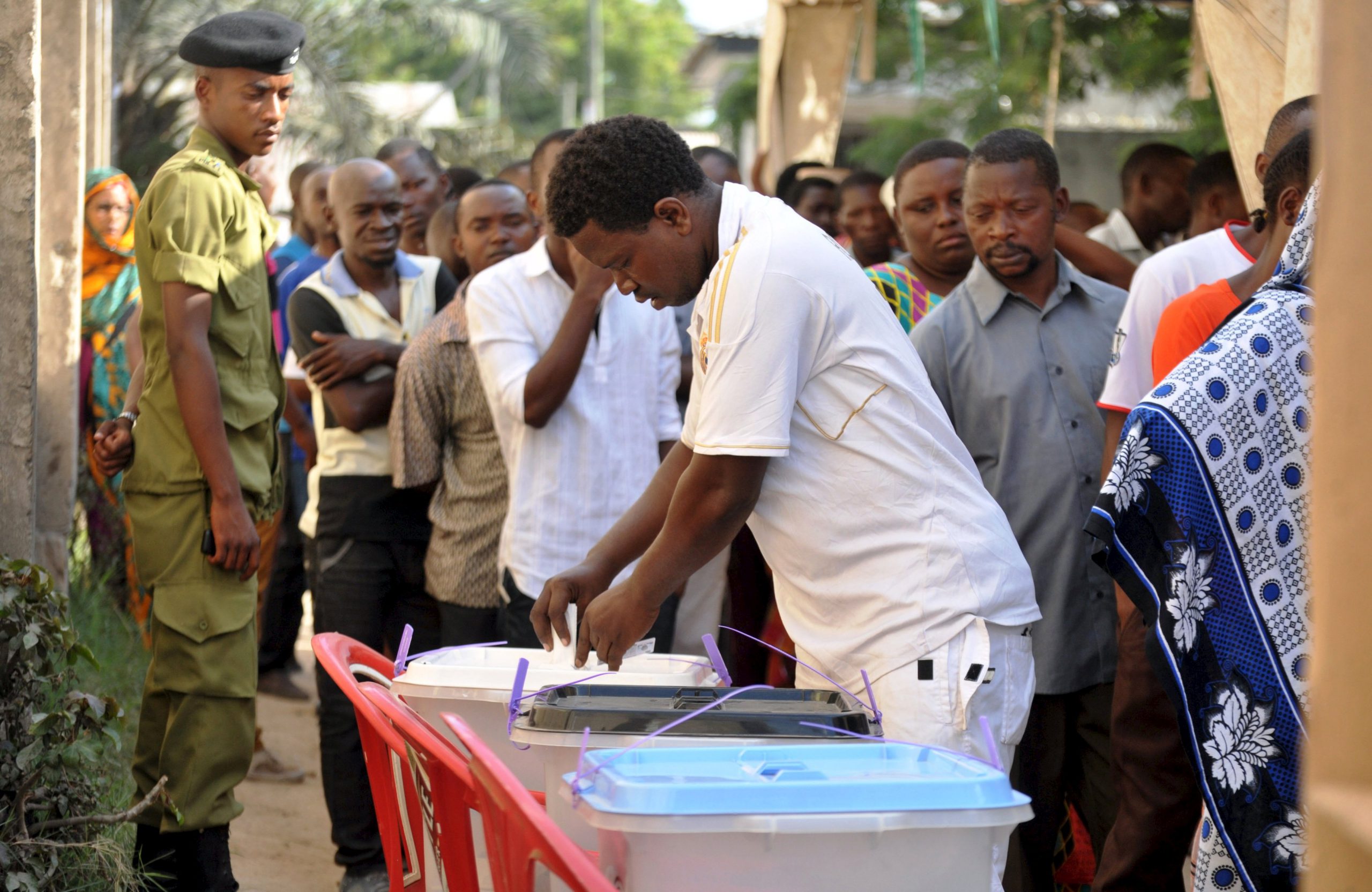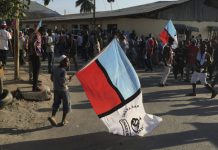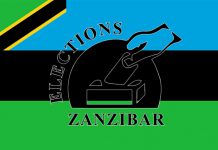
AfricaPress-Tanzania: RESEARCH and Education for Democracy in Tanzania (REDET), a popular local think tank, has released its report on Tanzania’s 2020 General Election, describing the whole process as free and fair.
In its document unveiled on Tuesday, the REDET detailed its observations made since the beginning of the election process, from updating the voter register, nominations, campaigns, voting to the counting of ballots.
“The elections had very few irregularities which did not at all affect the overall results of the elections. Overall, the elections were clean, free and fair,” REDET Chairperson and Head of Election Observation Mission, Prof Rwekaza Mukandala said.
He added: “Voting was generally free and fair but had some shortcomings which did not affect the general process. The elections were very well managed by the National Electoral Commission (NEC) and Zanzibar Electoral Commission (ZEC) to make them credible. The electorate was given an opportunity to freely participate in the various election processes.”
The REDET observed that generally election campaigns were held in a calm and peaceful environment with very few incidences of violence, noting that the main political parties convinced the electorates over the importance of electing a complete set of councillor, member of parliament and president.
The REDET findings show that there were very few incidences related to abuses and intimidations against female candidates and their supporters.
“Generally, the research found that women effectively participated in the process as many women attended campaign meetings,” the REDET chair stated.
“The report also noted that there were incidents of widespread use of vernaculars in some areas, especially in presidential election campaigns,” he added.
Prof Mukandala also said that the nomination process allowed free participation of stakeholders with very few shortcomings which did not affect the overall outcome of the nomination process.
According to the REDET chairperson, a total of 200 long-term observers were recruited and deployed in 200 constituencies, both in Tanzania Mainland and Zanzibar, out of 264 constituencies, which is equivalent to 76 per cent.
“In Zanzibar all the 50 constituencies were observed. In Tanzania Mainland all regions were covered where in each region a specific number of constituencies was selected based on predetermined criteria. Also other short-term observers totaling 3,260 were deployed countrywide,” he noted.
He said for the most part, the voter registration exercise was carried out very successfully in the 89 local government authorities.
NEC made all the necessary logistics arrangements, including preparations for the schedules for staggered registration throughout the country, the REDET boss said, adding in most cases, registration materials and equipment were adequate and deployed in a timely manner.
According to Prof Mukandala, REDET’s observation mission during the past elections had enabled the improvement of election processes and the introduction of an electronic registration system which averts disturbances among voters, affiliated the counting of the votes and giving the results at every respective voting station which were tallied to national level and, thus, adding more transparency.
REDET is dealing with assessing the credibility, freeness and fairness of electoral processes so as to determine the extent to which they complied with national legislation, regional and international standards for democratic elections.






